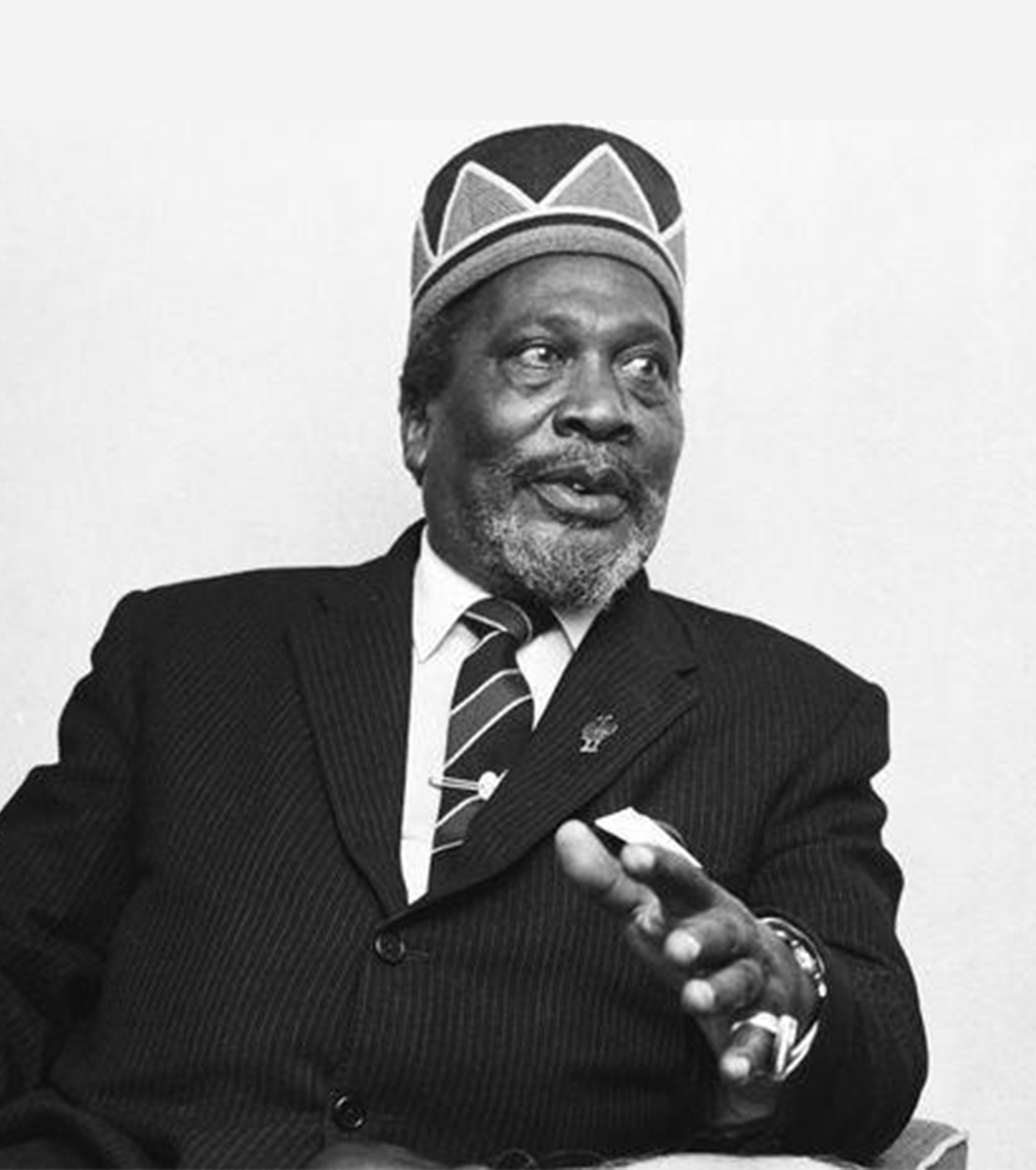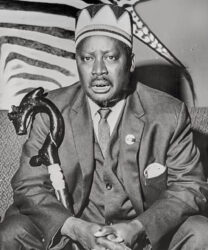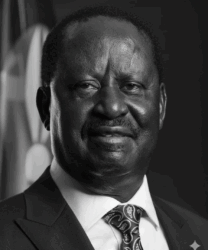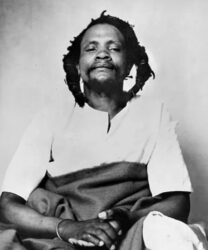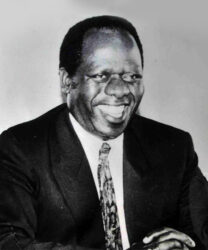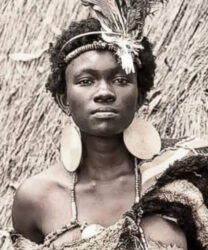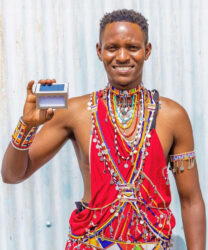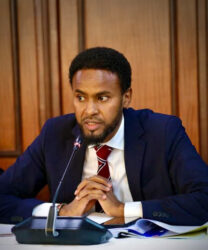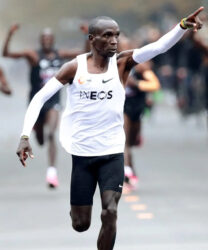Jomo Kenyatta
Jomo Kenyatta, Kenya’s founding father and first president, was a central figure in the nation’s struggle for independence and post-colonial development. Born Kamau wa Ngengi in the 1890s in Gatundu, British East Africa, he later adopted the name Jomo Kenyatta, meaning “burning spear.” He studied in London, becoming an influential pan-African voice and publishing Facing Mount Kenya in 1938, which offered a powerful defense of Kikuyu traditions and African identity.
Mzee Jomo Kenyatta returned to Kenya in 1946 and became president of the Kenya African Union (KAU), advocating for land rights and self-governance. In 1952, he was arrested and imprisoned by British colonial authorities during the Mau Mau uprising, accused of masterminding the rebellion—a charge widely disputed. Upon his release in 1961, he led Kenya to independence, becoming Prime Minister in 1963 and President in 1964.
As president, Kenyatta promoted national unity under the slogan “Harambee” (pulling together), prioritized education, and oversaw economic growth. However, his leadership was also marked by political repression, land inequality, and the marginalization of opposition voices. Despite these challenges, his efforts laid the foundation for Kenya’s political and economic systems.
Kenyatta’s legacy is both celebrated and debated. He is revered as the Father of the Nation for leading Kenya out of colonial rule and nurturing early state institutions, yet critiqued for fostering a system that centralized power and wealth.
He died in office on August 22, 1978, and was succeeded by Daniel arap Moi. His impact endures through institutions named after him, including Jomo Kenyatta University and Nairobi’s Jomo Kenyatta International Airport.
Famous Quote
Our children may learn about the heroes of the past. Our task is to make ourselves the architects of the future.
— Jomo Kenyatta.
